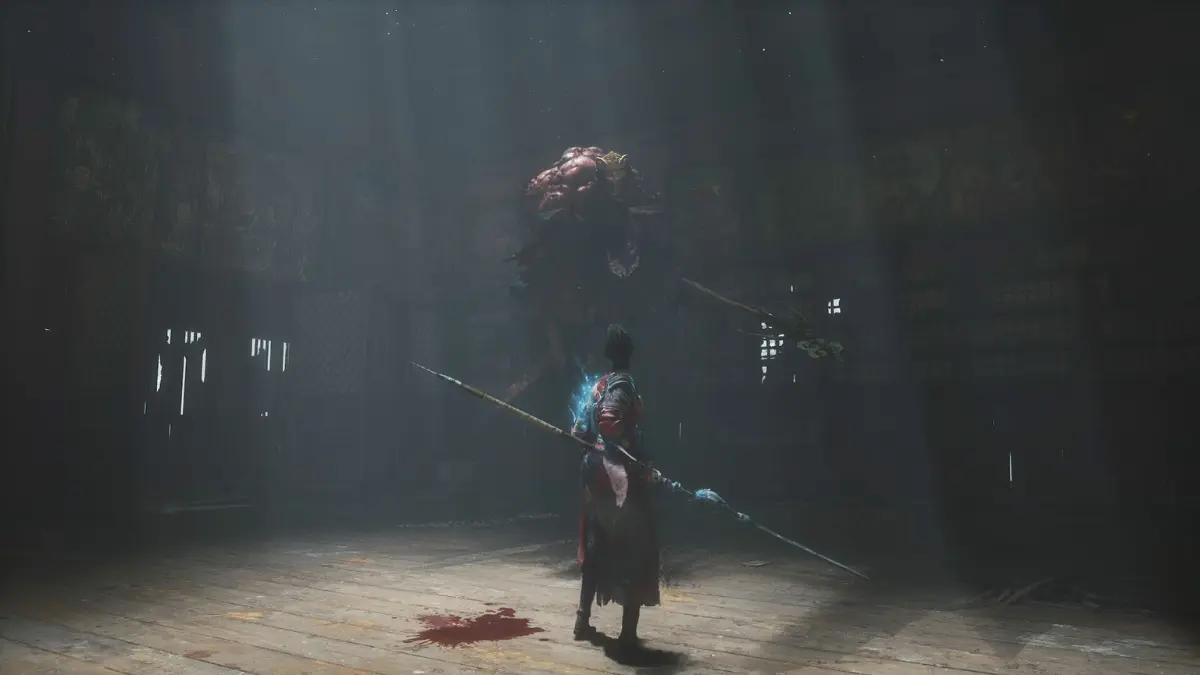Wuchang: Fallen Feathers has undergone a major transformation with its latest patch, significantly altering core gameplay and story elements. The Chinese-developed action RPG now prevents players from killing certain bosses and NPCs that represent historical Chinese figures, particularly those from the Ming Dynasty.
The controversial update makes these characters survive even after players “defeat” them in battle. Instead of dying, these figures now deliver new dialogue that emphasizes their heroic status or provides alternative story justifications for their continued existence.
The changes weren’t limited to just a few characters. Large groups of Ming Dynasty soldier enemies have also become unkillable, fundamentally changing the combat dynamics and difficulty level in multiple sections of the game.
Players have noted that these modifications severely undermine the game’s original narrative themes about resurrection, loss, and moving on from the past. Characters that were meant to complete their “cycle” in the story now survive, creating inconsistencies in the plot.
Community members have also pointed out that the newly added dialogue appears hastily implemented, potentially using AI generation. This is evidenced by the lack of lip syncing and abrupt voice lines that weren’t present in the original release.
The update comes after a wave of complaints from Chinese online communities, especially from nationalist groups who objected to the portrayal of Chinese historical figures as enemies that could be defeated or killed. The Ming emperor character was reportedly a particular focus of these complaints.
What makes this situation notable is that the changes apply to all versions of the game worldwide, not just in China. Players don’t have standard options to revert to the original version, though technically they could play unpatched by disconnecting from updates or using physical copies.
While the patch does address some gameplay complaints like knockdown invincibility and faster recovery after being hit, many players feel these improvements don’t justify the fundamental alterations to the game’s content and themes.
Digital censorship knows no borders
This isn’t the first time a game has been modified due to cultural or political sensitivities in China. Other titles like Hearts of Iron IV and various games featuring references to Taiwan, Hong Kong, or Tibet have faced similar challenges. The situation highlights the growing tension between creative expression in gaming and national sensitivities.
The changes raise important questions about digital content ownership and the implications of post-release patching. Players who purchased the game based on its original content now own a fundamentally different product, with no official way to access what they initially bought.


